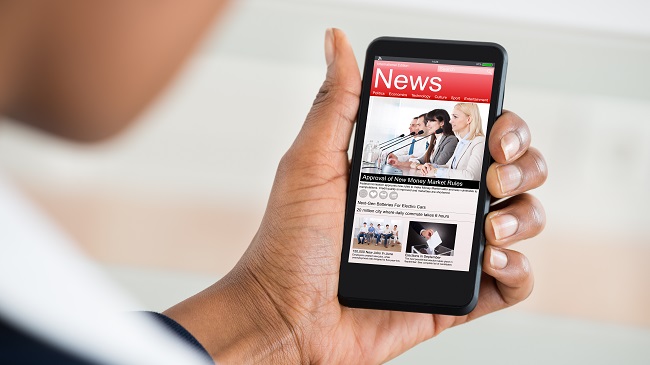
Despite reports detailing the largely foreign fake news outlets clogging social media and possibly influencing the election, Facebook and Google didn’t take action until after Donald Trump’s win. Facebook CEO Mark Zuckerberg initially dismissed such claims, but after evidence surfaced to the contrary, the company updated certain policies regarding the matter in the week after the race. Anecdotal reports and op-eds notwithstanding, however, the true nature of these viral false news articles hasn’t been assessed — until now.
According to a study conducted by BuzzFeed during the final three months of the campaign, the top 20 stories propagated by known fake websites and “hyperpartisan blogs” produced Facebook shares, comments and reactions totaling 8,711,000. Meanwhile, the top 20 accurately reported articles produced by 19 reputable outlets — including the New York Times, Washington Post and NBC News — generated 7,367,000 shares, comments and reactions. In other words, egregiously false, but nonetheless trending posts outperformed their truthful counterparts by over 1 million clicks.
BuzzFeed’s Craig Silverman notes legitimate news outlets and their content generally did better than their fake or partisan counterparts throughout most of the presidential election. It wasn’t until the final three months preceding November 8th that, for reasons unknown, fake stories acquired far more viral momentum than articles published by the New York Times or Huffington Post.
When pressed for comments, a Facebook spokesperson told BuzzFeed, “It may seem like the top stories get a lot of traction, but they represent a tiny fraction of the total.” What’s more, the representative argued, overall engagement on Facebook cannot be adequately determined by the top stories alone: “There is a long tail of stories on Facebook.”
Viral posts do possess what the Facebook spokesperson calls a “long tail,” for as our own Dan Seitz demonstrated, all of these stories start somewhere before they become a viral sensation, a profuse piece of political propaganda, or both — especially the fake ones. Nowhere is this more clear than in the case of a recent bit detailing how actor Denzel Washington allegedly endorsed Trump for president. He didn’t, of course, but that didn’t stop fake story writers from patching together what ultimately became a viral hit.
(Via BuzzFeed)
